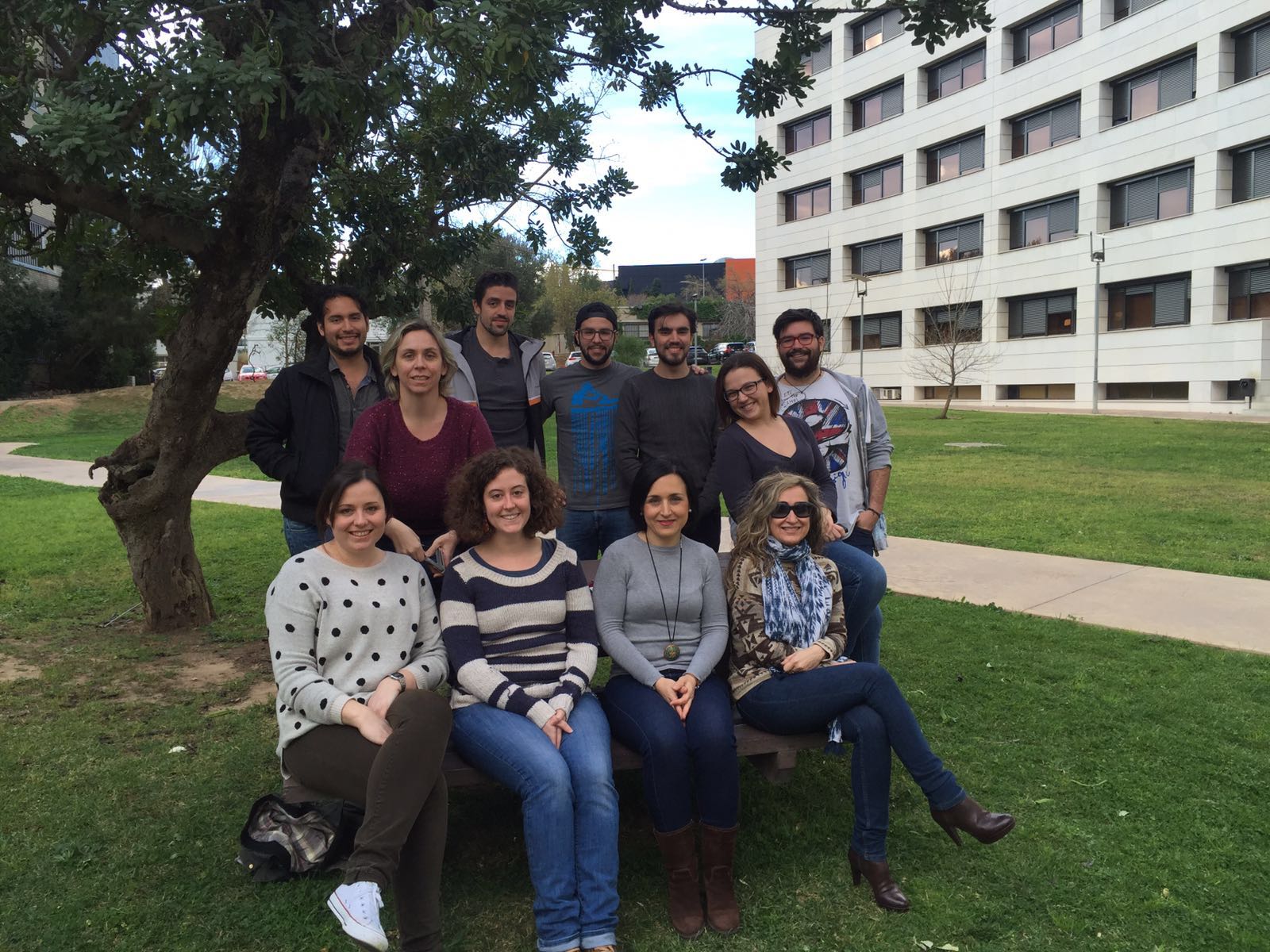Genómica de Vibrio Vulnificus
Our research is split into two main areas of study, one devoted to understanding bacterial pathogen’s evolution as well as the genetic and molecular basis of their interaction with their hosts and the other to solving problems related with infectious diseases that affect to Aquaculture-related industry. For our basic research we have selected a zoonotic pathogen that inhabits brackish-water environments located in sub-tropical and tropical climates but that it is spreading to other «colder»areas due to global warming: Vibrio vulnificus (Vv). This pathogen occasionally infect humans either by contact or ingestion causing severe wound infections or gastroenteritis, respectively, both pathologies converging in sepsis in immunocompromised hosts. Vv also infects different fish species, mainly under culture conditions, causing epizootics or outbreaks of a hemorrhagic septicemia with high mortality rates. We have selected the eel and the mouse as animal models for fish and human vibriosis, respectively, and apply both a “single gene” and an “omic” approaches in our reaserach. We are also interested in understanding the evolution of the species and, in particular that of the zoonotic clonal complex by using genomic approaches. Our work is necessarily multidisciplinary and cross-cutting, which means our researchers often work across more than one theme, as well as collaborating with colleagues in life sciences around the world.


